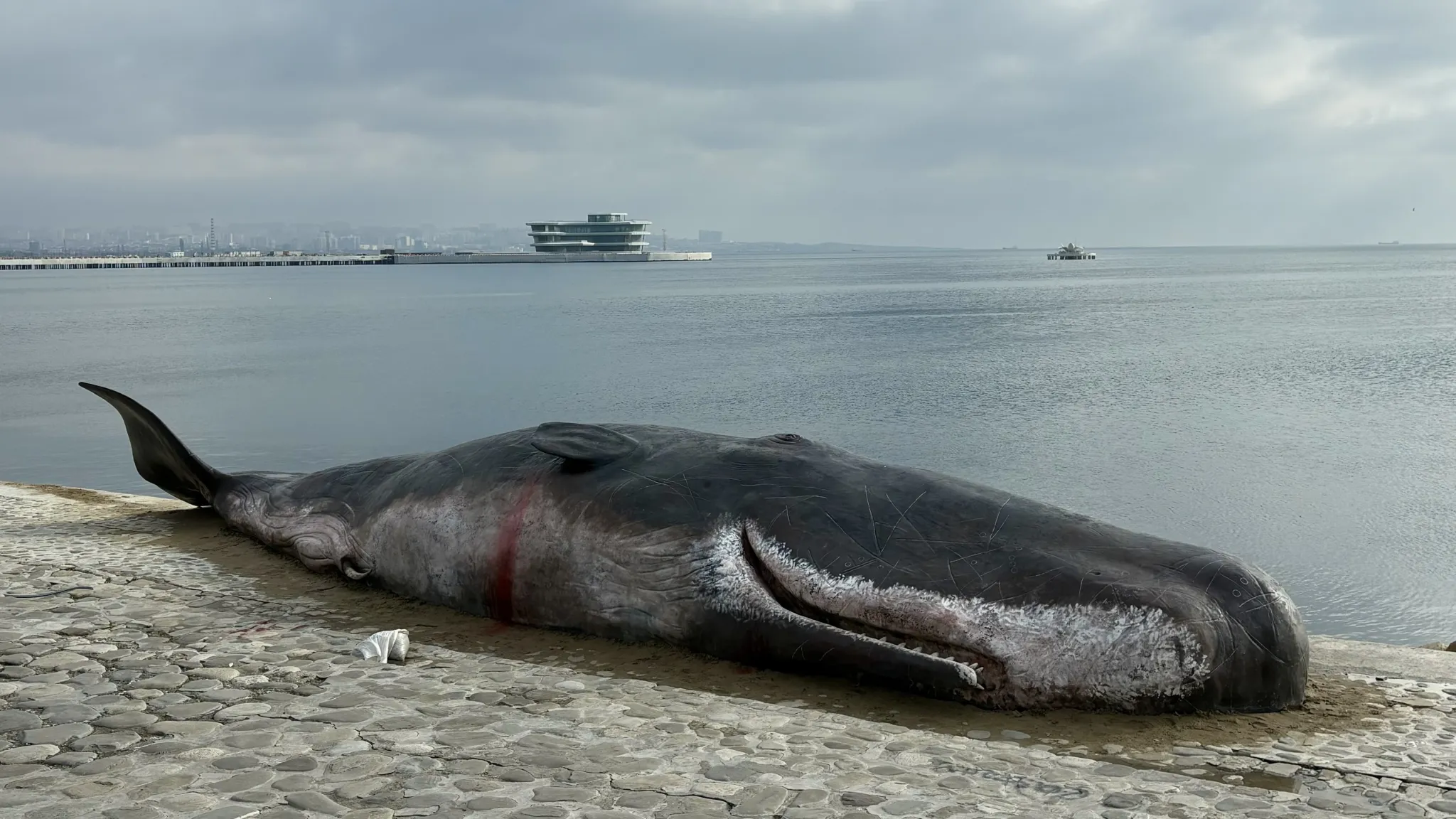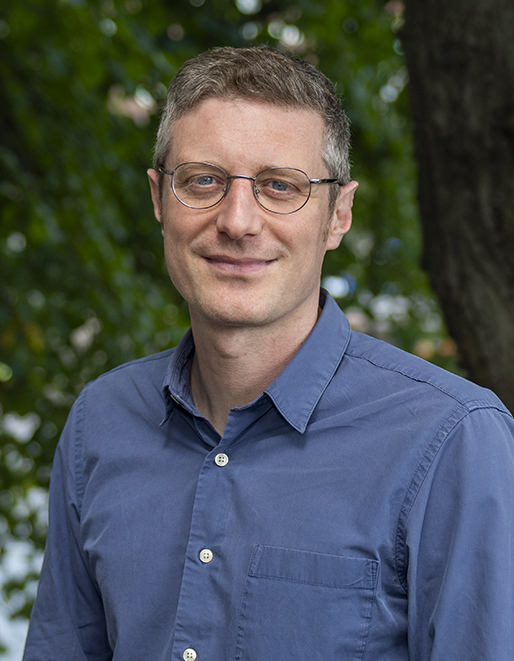COP29 delivers little and shows the inherent contradictions of its presidency

Joining the over 70,000 participants in COP29 in Baku, Azerbaijan, felt at first like navigating a busy international airport before a festive break. Crowds marching on the squeaky floors of the huge temporary structure, groups of tired delegates sitting in the corners, and rows of food kiosks contributed to the impression. But one soon realised that the tension and frustration palpable in the air were not due to flight delays.
The 29th Conference of the Parties of the UN Framework Convention on Climate Change (UNFCCC), held this year in Azerbaijan, a major oil and gas producing authoritarian regime, was inevitably going to be a controversial affair. Major criticism was directed at the choice of the host country, including by a group of scientists, international organisations and former politicians, who addressed an open letter to the UN Secretariat calling for COP reform.[1]
In addition, many heads of state and government snubbed the event, from the US, France and Germany, to Russia, China, and Brazil. The latter will be hosting the next iteration of the Conference, COP30, in 2025, and its shadow loomed large on the debates. Many controversial topics were simply deferred to next year, and the G20 Summit, held in Rio de Janeiro and overlapping with COP29’s second week, seemed to attract more political attention.
But what actually happened in Baku? The Conference was expected first and foremost to be the ‘finance COP’, mandated to find agreement on a New Collective Quantitative Goal (NCQG) for funding to support climate action in developing countries. On the other hand, delegations were urged to renew mitigation efforts (reduction of greenhouse gas emissions) and accelerate on energy transition (increasing investment in renewable energy and energy efficiency), building on the UAE Consensus to ‘transition away from fossil fuel’, reached at COP28 in Dubai in 2023.
As UNFCCC Executive Secretary, Simon Stiell, acknowledged, an ‘unfortunate tension’ between the two negotiation tracks became apparent since the very beginning. Simply put, delegates from the Global North resisted adopting new financial targets without broadening the donor basis, while representatives of the Global South subordinated further mitigation commitments to funding security. Such a transactional approach appears puzzling to external observers, but it is the norm at this kind of gatherings.
It is beyond doubt that adequate financial means are essential for effective climate action and that poorer countries need clarity on them, but undermining mitigation talks because of funding is comparable to driving at speed towards a wall in a car with faulty seatbelts, and refusing to break unless they are fixed first. Short-sighted, to say the least. To make matters worse, the Arab Group, China, and Russia were adamant about rejecting any language concerning fossil fuel phase out, in an apparent attempt to backtrack on the decision of the previous year.
After much drama and several walkouts, an agreement on the NCQG was eventually found in extra-time, setting a target of at least USD300 billion per year for developing countries, from both public and private sources, by 2035. This triples the previously agreed goal of USD 100 billion per year, but was received with considerable frustration by many participants, who had been calling for USD 1.3 trillion per year, and between 500 and 900 billion as minimum thresholds. Some delegations defined the outcome as ‘a joke’ and ‘an insult’, the least developed countries (LDCs) and the Alliance of Small Island States (AOSIS) being the most disappointed.
No progress whatsoever was made on mitigation and energy transition. Most significantly, in a step back compared to 2023, the final text did not renew the call to phase down fossil fuels, nor did it include any reference to reducing subsidies and investments in oil and gas. All this against the backdrop of the warmest year on record (2024 marked +1,54° compared to 1850), and global CO2 emissions having reached the record high of 37.4 billion tonnes, up 0.8% from the previous year, and showing no sign of peaking or declining.[2]
What was the impact of the Presidency, the third non-democratic country in a row, after Egypt and the UAE? Making everyone happy was certainly a tall order, but Azerbaijan had a key role in setting the agenda, dictating the timing and showing the way forward, and COP29 clearly displayed the inherent contradictions of an authoritarian oil and gas producer presiding over a major climate conference.
Azerbaijan has no environmental or climate policy to speak of, and its economy is almost entirely based on fossil fuel export. The country was among the pioneers of oil production at the beginning of the 20th century and financed its growth and modernisation through the revenues of the sector, in particular in the post-Soviet period. Perhaps not surprisingly, it was reported that more than 700 fossil fuel lobbyists attended COP29, and a member of the Presidency team, following in the footsteps of the UAE, was caught on camera promoting potential oil and gas deals with a journalist posing as investor.[3]
The state of affairs was pretty well illustrated by President Aliyev, who defined oil and gas as a ‘gift of God’ in his statement at the start of the talks. This adds up, once again, to the 2023 UAE President’s statement that: ‘there is no scientific evidence that fossil fuel phase-out is necessary to stop climate change’. If the implications of such ways of thinking were not catastrophic, the whole scenario would be hilarious.
However, Azerbaijan itself is not immune to the impact of environmental degradation and climate change. Baku was founded on the best natural harbour on the Caspian Sea, and its location brought trade and prosperity to the city. Today, the Caspian Sea is chocked by pollution from the oil extraction and refining industry [4] and the sea level is receding dramatically, due to the rising surface temperatures.[5] If this trend persists, scientists expect an ecocide by the end of the century, meaning the collapse of marine life, with the associated catastrophic socio-economic consequences.
At the same time, transparency, participation, and freedom of expression do matter in climate talks. In the months leading to COP29 and after the highly criticised presidential elections of February 2024, the Azeri regime deployed a brutal crackdown against human rights activists, environmental protesters and government critics, including arresting democracy and human right defender Anar Mammadli, who collaborated with International IDEA in 2022, Gubad Ibadoghlu, anti-corruption activist and critic of the fossil fuel industry, and numerous journalists from the Abzas and Toplum TV outlets. Today, approximately 300 political prisoners are detained in Azerbaijan, and many dissidents are in exile.
In the microcosm of the Conference, in due proportion, observer organisations denounced restrictions and lamented the difficulties in accessing meetings, delegates and documents, which significantly hampered participation of civil society organisations and their advocacy efforts. In addition, the Guardian reported that Saudi Arabia modified the negotiation text before it was officially released.[6]
Historical buildings in central Baku were cleaned up to an impeccable state in preparation of COP29. Similarly, the Government used the Presidency to polish its international image and attract funding for its energy sector, but scratching below the surface it is not hard to see the astonishing levels of corruption, repression and co-optation.
Evidence shows that democratic governments are more engaged with multilateral environmental agreements than authoritarian regimes, and that established and functioning democracies, in particular those with low levels of corruption[7], achieve better climate change mitigation results and more participatory adaptation initiatives.
While we need to continue investing in the UN multilateral process (it is the only one we have), it is high time for strict eligibility criteria to be introduced in terms of human rights and conflict of interest for the selection of host countries. All this was apparent in Baku, we can only hope that when you reach the bottom, the only way is up.
Disclaimer: Opinions expressed in this commentary are those of the author and do not necessarily represent the institutional position of International IDEA, its Board of Advisers or its Council of Member States.




